In order to grow as an Arabic learner, you need to make mistakes. Lots of mistakes. The more that you experiment and get things wrong as you use Arabic, the more feedback and growth you will experience. The fear of failure can prevent you from attempting to speak or listen in Arabic (or write and read), and can set up anxiety filters that make it difficult to process and learn. Usually, our fear of failure is based on a false feel that we are incapable of learning, or on a false perception of what others will think of us as we begin to use our imperfect Arabic. Overcoming your fear of failure in Arabic means believing in yourself, laughing at your own mistakes (knowing they are helping you in your journey, not hindering you), and choosing to show off your growing skills to the world rather than hiding “imperfect” skills.
“… students notice errors, their own and other students’, and learn from them.” (Laila Al-Sawi)
This article is based on the 15 Essential Skills of an Arabic Learner.
My report card
1. Instead of calling my friend Hala by her proper name in Arabic, “haala” / هالة (meaning: halo, aura… a common Arabic name for women), I called her “Haala” / حالة with the ح or aspirated H, which means a “case”, as in a hospital case or a person who is a complicated case of something. The way I pronounced it can be used as slang to tell someone that she is complicated. Oops. A pronunciation mistake.
2. At the hospital a few days ago, following my mother-in-law’s hip replacement surgery, I told the (male) assistant doctor to come see my mother-in-law the next day. But I used the female form of “come” ( ta3aalii / تعالي) instead of the male form. An awkward morphology mistake.
3. While providing feedback to (shouting at) the watchman of our apartment building for having acted obnoxiously/inappropriately, I declared he was “rudeness” (‘illit adab / قلة أدب) instead of “rude” (‘aliil al-adab / قليل الأدب). This caused my wife to snicker from behind the door, which did not strengthen my sense of righteous indignation. A vocabulary mistake at the wrong time.
4. Last month, my car broke down – the alternator belt broke. While talking with the mechanic, I didn’t know the word for alternator, couldn’t remember the word for belt, and found myself stumbling over all the Arabic I was trying to produce. The mechanic looked at me blankly. Complete communication breakdown. Continue reading “Make Mistakes when learning Arabic”

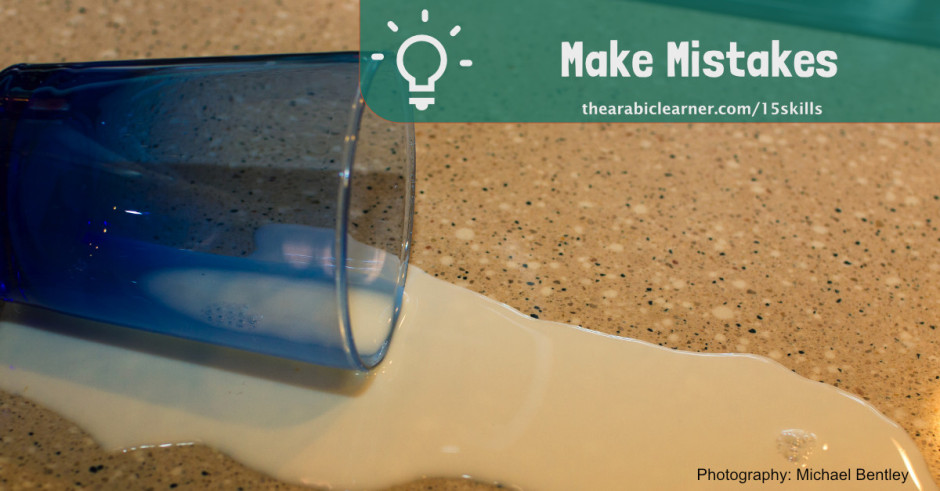
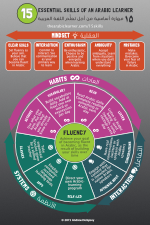
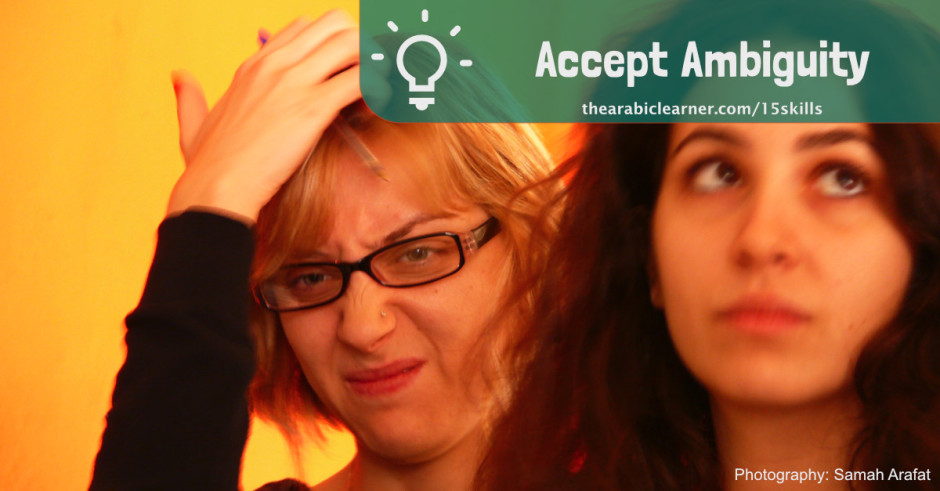
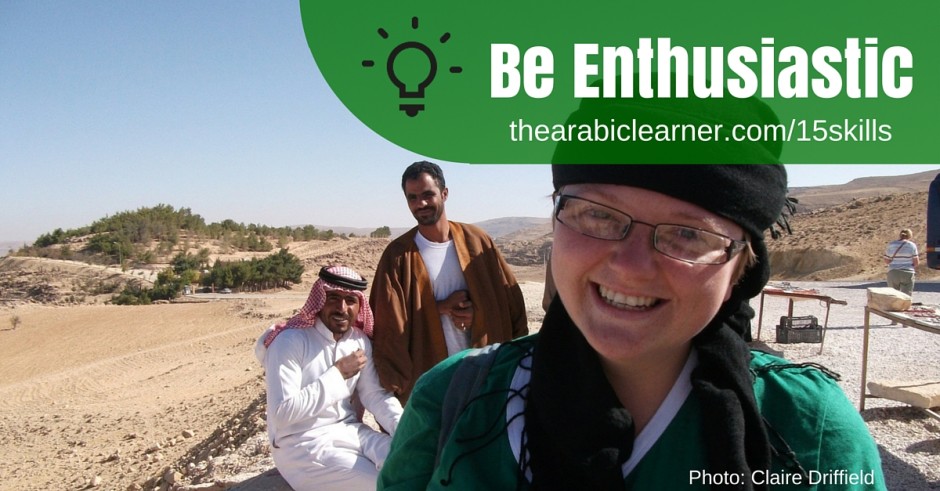


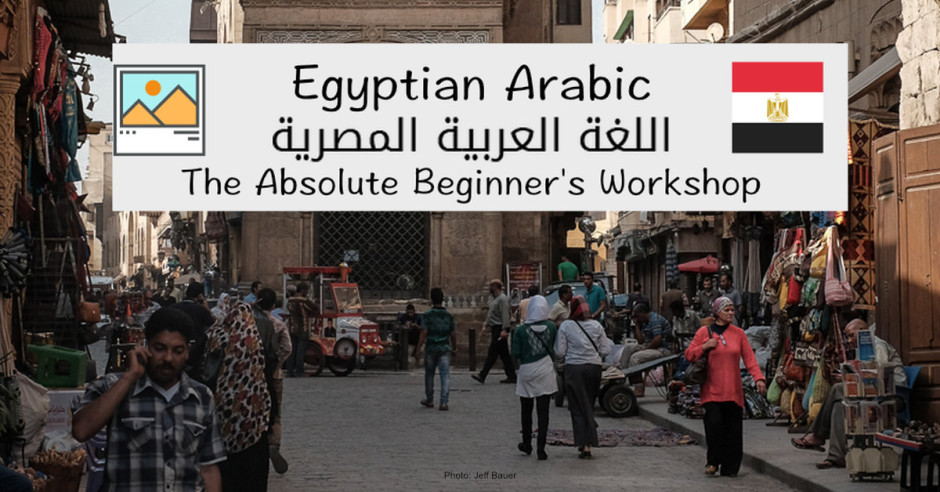

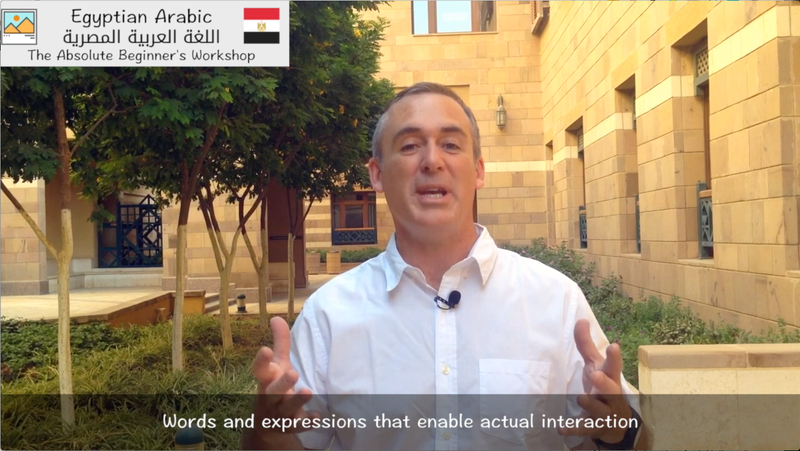
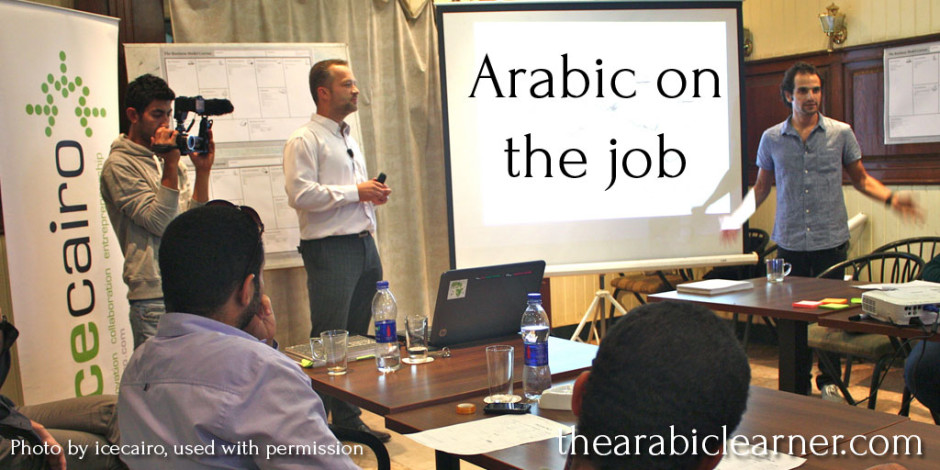


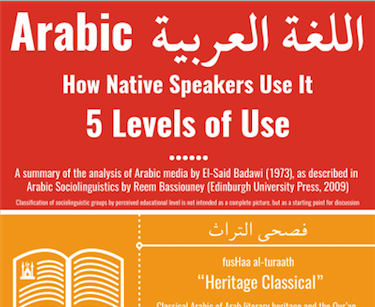
 RSS - Posts
RSS - Posts